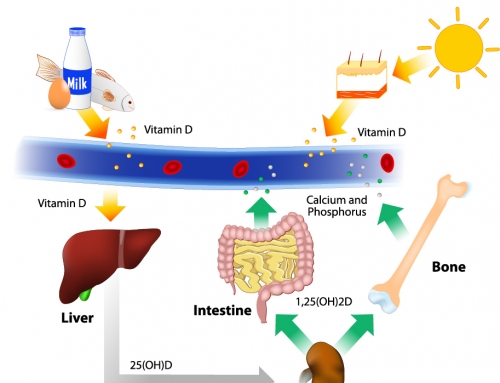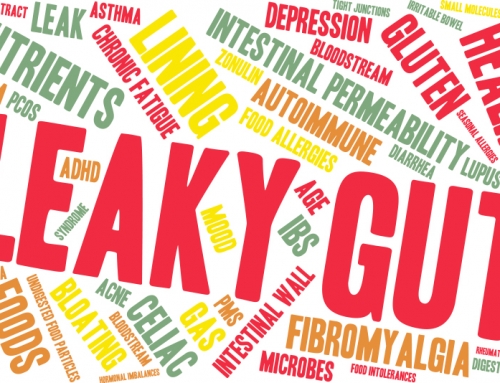Inflammation is the common factor in many adverse health conditions facing millions of Americans. Chronic inflammation in the body can damage small blood vessels, tissue and even our organs if left unchecked. Auto immune diseases like Multiple Sclerosis, Ulcerative Colitis, Crohn’s Disease and Rheumatoid Arthritis are all examples of chronic inflammatory diseases. Several factors can cause chronic inflammation including stress, pollution, and lack of sleep but one of the main causes of chronic inflammation is our diet.
Foods known to cause Inflammation:
- Dairy Either intolerance to the sugar lactose or the protein casein in milk is the likely cause.
- Refined Grains The protein gluten found in wheat is notoriously famous for causing abdominal distress
- Grain Fed Meat Processed and preserved meats from animals fed grain
- Bad Fats Hydrogenated and Partially hydrogenated oils, vegetable oil
- Artificial Sweeteners
- Alcohol
The foods in our diet that cause inflammation are very common and can be hard to avoid. While eliminating these foods completely would no doubt be a great way to decrease inflammation in our bodies; the long term, more feasible option should be one of awareness and of moderation. All things in moderation. If our Vitamin D levels are sufficient and our digestive tracts are healthy these foods consumed in moderation would create fewer digestive issues.
Vitamin D helps our immune system in two critical ways. First, Vitamin D activates the killer T-cells of our immune system and it helps them differentiate between healthy cells and cells causing an infection. This ability to differentiate between healthy cells and pathogens underscores Vitamin D’s importance regarding autoimmune diseases. Remember, autoimmune diseases are basically our body attacking itself because it can’t differentiate between healthy tissue and “foreign” invaders. Activation and differentiation of T-cells is critical to a healthy, correctly functioning immune system.
Autoimmune diseases that benefit from sufficient Vitamin D levels include: Multiple Sclerosis, Crohn’s Disease, Lupus, Rheumatoid Arthritis, Psoriasis and Diabetes.
Inflammation and the response of our immune system go hand in hand. Consider the scenario of an allergic skin reaction: Something gets on our skin, say poison ivy, and our body recognizes this foreign irritant and our immune response begins. The area exposed becomes warm, red, itchy and swollen: a rash develops. This is caused by the immune response of blood rushing to the affected area to isolate the irritation and attack it. Untreated, this rash would last a few days with proper hygiene. Once the irritant was gone the itch, redness and swelling would go away. Now, imagine our immune system is not performing correctly and the response doesn’t stop and the irritation and the inflammation don’t go away. Now imagine this whole chain of events is happening inside your body. How would that feel?
Think about eating the foods on the above list that are known to cause inflammation or worse think about someone eating something that causes a full blown food allergy. As we know a severe food allergy can kill someone….quickly. Peanut allergies are deadly in kids because the reaction, the inflammation caused, is so fast and so severe. While foods that cause irritation and inflammation usually don’t cause as severe a reaction as a true food allergy, its the constant exposure that causes the problem coupled with the facts that our immune and inflammatory responses are not functioning properly because our Vitamin D levels are too low to control these processes. In this scenario it is more like death from a hundred cuts because the effects are cumulative. Cramping and bloating are tolerable but chronic inflammation has very serious long term health effects. Tiny blood vessels are damaged affecting circulation, tissue is damaged from poor circulation and organs fail from lack of adequate blood supply. This damage can manifest in different ways: a damaged pancreas in a diabetic that no longer produces insulin or heart failure in a patient with heart disease.






